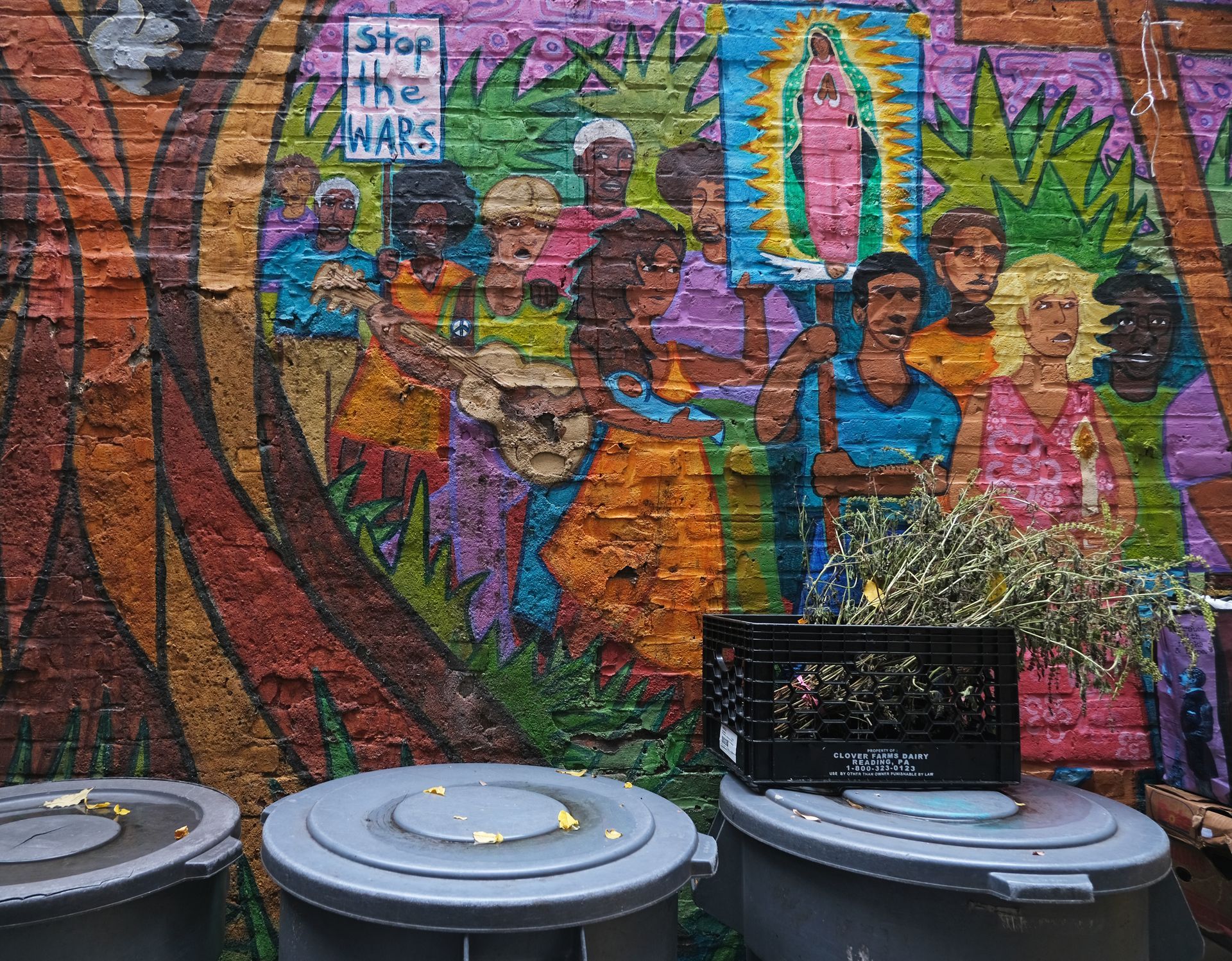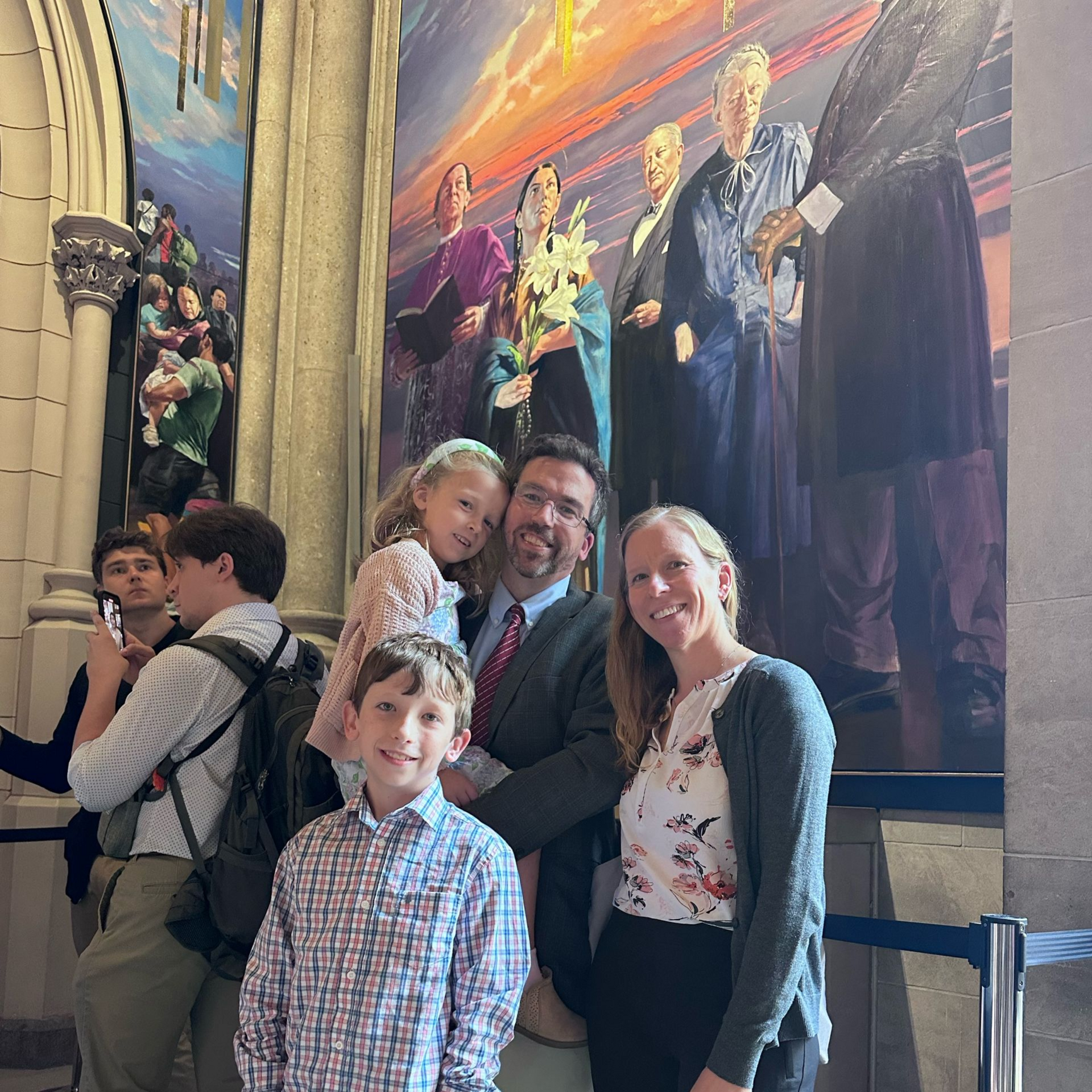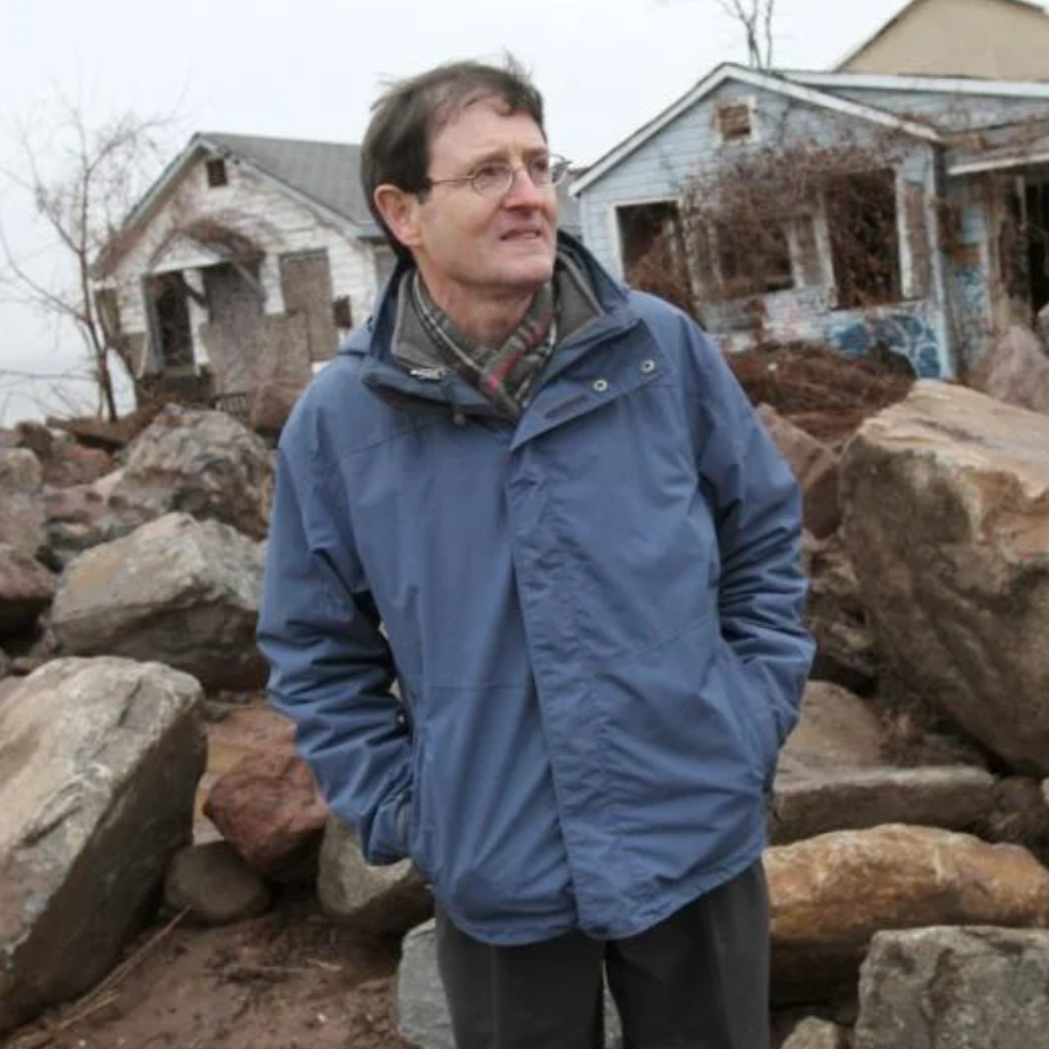The witness of Dorothy Day was in truth a light shining in the darkness to counteract the unthinking nationalism and militarism to which the U.S. Church all too often acquiesced. Dorothy’s nonviolent and pacifist positions were gospel-based and also drew on neglected Church teaching.
“As Pope John [XXIII] told the pilgrimage of women, Mothers for Peace, the seventy-five of us who went over to Rome to thank him for his encyclical Pacem in Terris, just the month before his death, ‘the beginnings of peace are in your own hearts, in your own families, schoolrooms, offices, parishes, and neighborhoods.’ It is working from the ground up, from the poverty of the stable, in work as at Nazareth, and also in going from town to town, as in the public life of Jesus two thousand years ago. And since a thousand years are as one day, and Christianity is but two days old, let us take heart and start now.” –Dorothy Day, “On Pilgrimage,” The Catholic Worker, December 1968.






